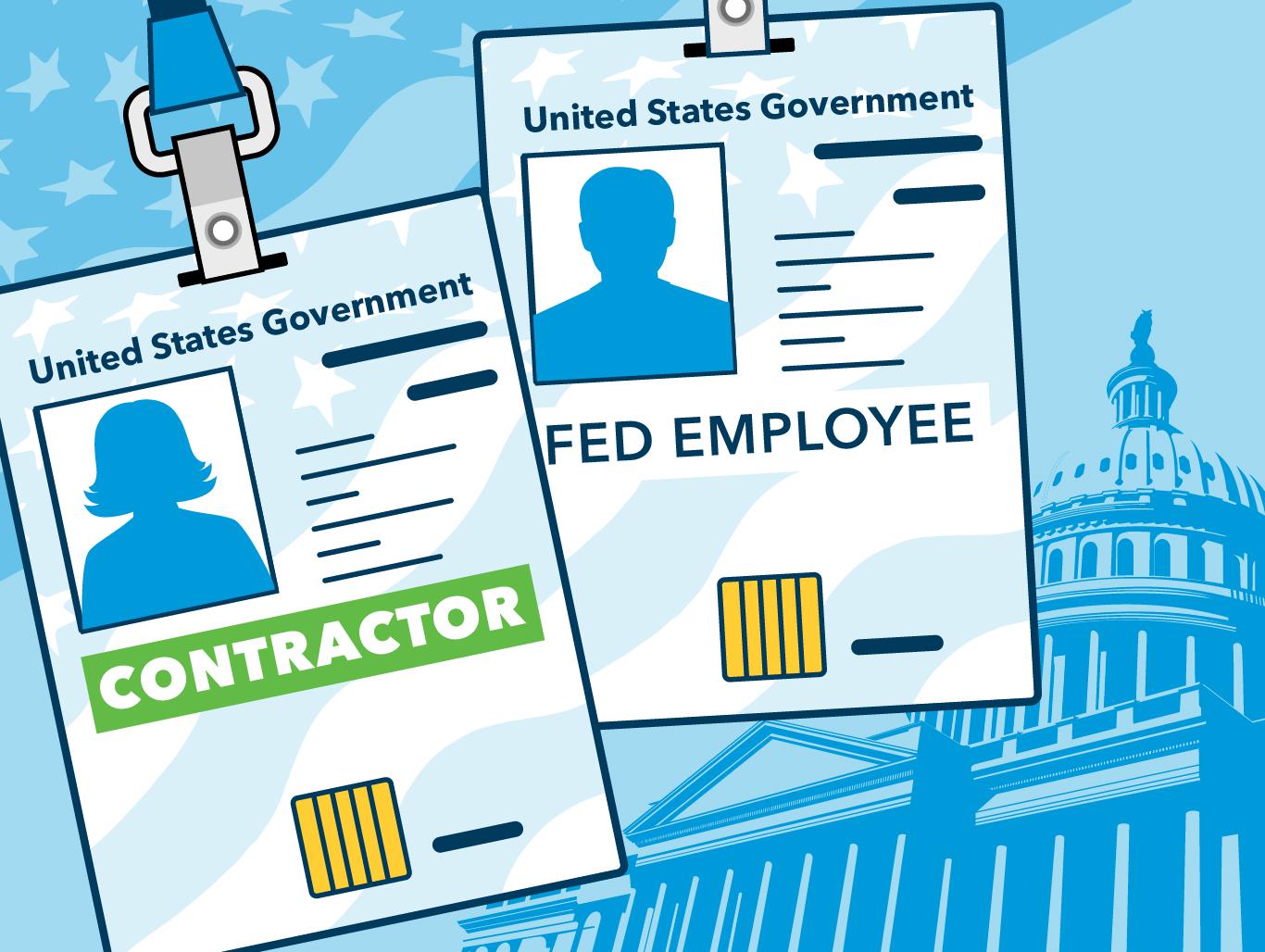Series on Contractors in Rulemaking
In agencies across the federal government, contractors have become a ubiquitous presence. Often working side-by-side with federal employees, contractors perform work that is both mundane and substantive, routine and highly specialized. Private sector contractors have performed services on behalf of the government since the Republic’s earliest days, but the scale and scope of government reliance on contractors has increased considerably in recent decades. Today, contractors round out the federal workforce in important, if sometimes controversial, ways.
The general lack of attention to contractors in rulemaking has led some to the false impression that most or all rulemaking activities are “inherently governmental”—and are therefore off-limits to contractors. However, this series of reports establishes that contractors are used for a wide variety of rulemaking tasks, and sometimes extensively so.
Series Reports
ACUS: Final Report on Contractors in Rulemaking
May 10, 2022
Consulting for the Administrative Conference of the United States (ACUS), Bridget C.E. Dooling and Rachel Augustine Potter authored this report for the ACUS Committee on Rulemaking. The report focuses on the question:
What role do contractors play in federal rulemaking?
Rulemaking by Contract
January 13, 2023
Building on a survey of agency rulemaking contacts and interviews with forty-five agency officials, contractors, and experts, this empirical study provides a comprehensive account of contractors’ roles in rulemaking.
Published in the Administrative Law Review (2022)
Regulatory Body Shops
February 8, 2023
Agencies do not always write their own rules. Contractors assist agencies in nearly all tasks relating to rulemaking, including reviewing public comments, conducting specialized research, and writing regulatory text. Despite perceptions that contractors’ roles are entirely ministerial, the reality is that contractors fulfill many more functions in the rulemaking process than is commonly understood.
Forthcoming in the Duke Law Review (2024)



